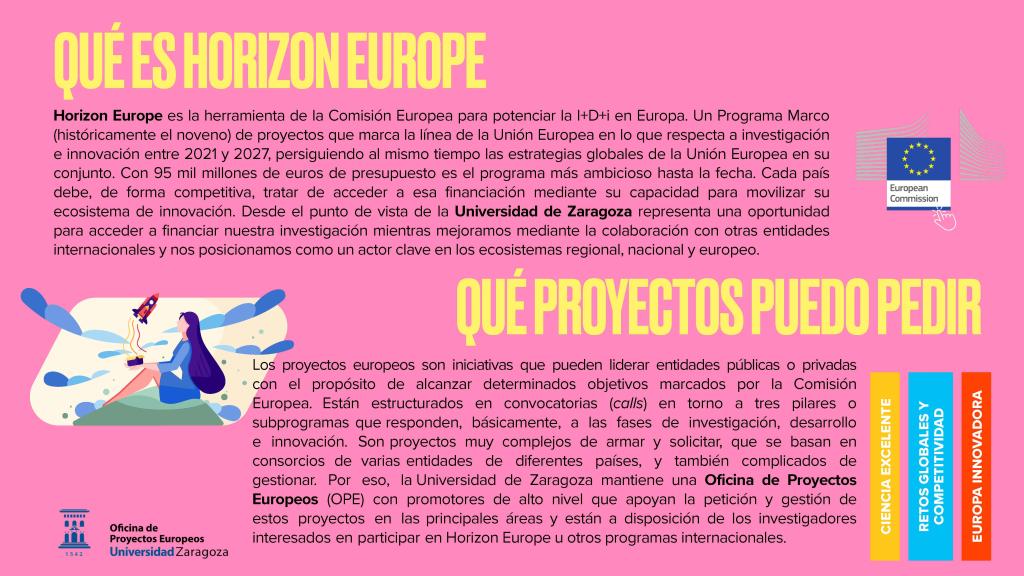ACROBIOPLAST

Acronym: AcroBioPLAST
Principal Investigator of the project: Víctor Sebastián Cabeza
Contact: victorse@unizar.es
Project Title: Acceleration of the BIOdegradation process of bioPLASTICS to improve their applications in biomedical devices.
Aim of the project: The AcroBioPLAST project proposes to accelerate the biodegradation of bioplastics. New polyesters will be synthesised and additives based on nanostructured sugars will be designed. The presence of these sugars within the plastic matrix will increase the degradation rate, mechanical properties and provide antimicrobial capacity. AcroBioPLAST will reach the development of a prototype medical device with which preclinical validation will be initiated (TLR 4).
Partner Entities:
UPV/EHU: University of País Vasco/Euskal Herriko Unibertsitatea.
UNIZAR: University of Zaragoza.
POLIMERBIO
UPPA IPREM: Université de Pau et des Pays de l'Adour Institut des Sciences Analytiques et de Physico-Chimie pour l'Environnement et les Matériaux.
UPV/EHU Estado de Socio: Project Leader
Home Project: 1 January 2024
End of project: 31 December 2026
Total project duration: 2 years 11 months and 30 days
Total cost: 181.320€
FEDER: 117.858€
Project Summary: Despite efforts to recycle plastics, a large amount is not recovered and continues to be disposed of in landfills. Efforts to develop biodegradable and recyclable materials have therefore expanded recently. Bioplastics such as poly(lactic acid) and polycaprolactone emerged as potential substitutes for fossil fuel-derived plastics. However, their biomedical applications are limited by disadvantages associated with too slow degradation (3-4 years) and weak mechanical properties. These bioplastics are made of long polymeric chains that hinder the diffusion of water and enzymes necessary for their biodegradation. AcroBioPLAST aims to overcome these limitations by manufacturing new copolyesters and designing additives based on nanostructured sugars, such as polysaccharides, into the bioplastic matrix. The presence of a polysaccharide phase within the plastic matrix will increase the degradation rate, simultaneously improve mechanical properties and also provide antimicrobial capacity. AcroBioPLAST is multidisciplinary and combines scientific research (chemical, physical and microbiological) with industrial application, ranging from pilot-scale production of bioplastics to the creation of medical devices manufactured according to MDR 2017/745. Therefore, at the end of the project it is foreseen to develop a prototype with which pre-clinical validation can be initiated (TRL 4). The bioplastics sector, which is strongly represented in the POCTEFA area, will thus develop innovative materials with advanced properties. The medical sector will also benefit from using these bioplastics to replace currently used biomaterials. Cross-border cooperation will make it possible to address the issues at the relevant regional level and to benefit from an unprecedented synergy of competences and know-how.
The AcroBioPLAST project has been co-financed 65% by the European Union through the Interreg VI-A Spain-France-Andorra Programme (POCTEFA 2021-2027). The aim of POCTEFA is to strengthen the economic and social integration of the Spain-France-Andorra border area.





